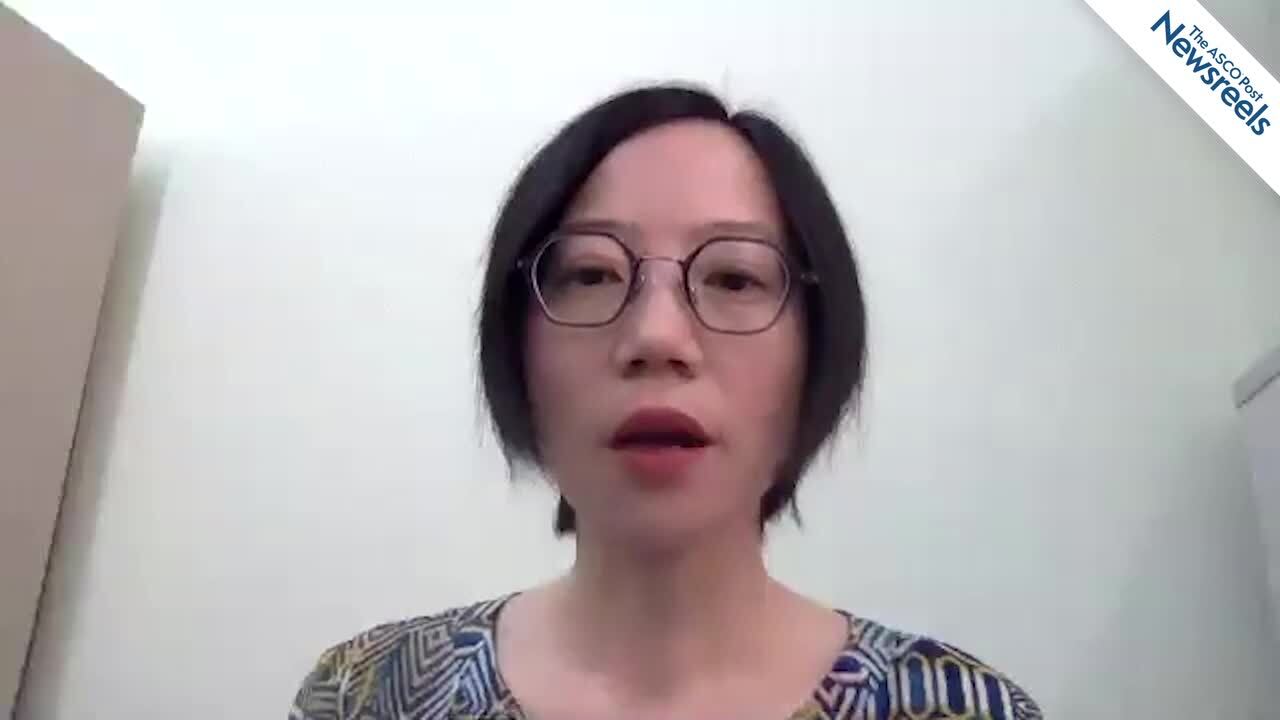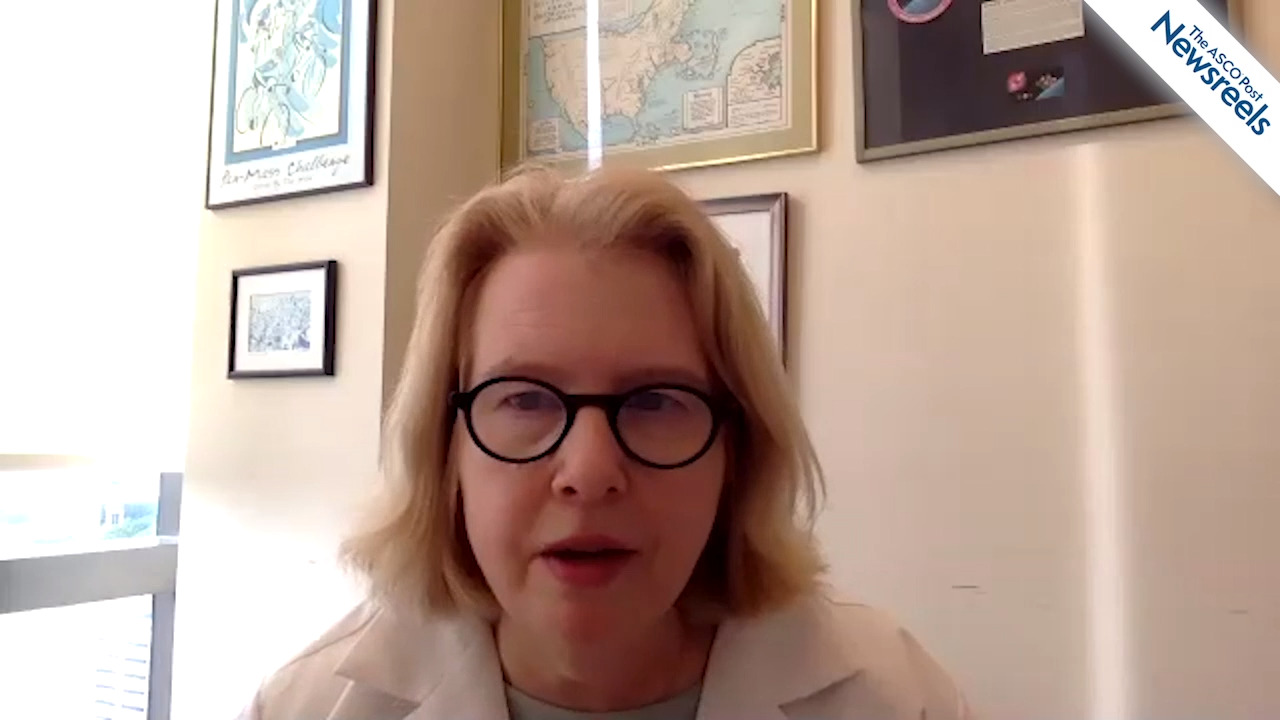Howard A. Burris III, MD, FACP, FASCO, on the ASCO20 Virtual Scientific Program: After Action Report
ASCO20 Virtual Scientific Program
Howard A. Burris III, MD, FACP, FASCO, Immediate Past President of ASCO and current Society Board Chair, talks about how the meeting went, with its record-breaking attendance and new format.
The ASCO Post Staff
Meletios A. Dimopoulos, MD, of the University of Athens, discusses phase III results from the BOSTON trial, which showed that once-weekly selinexor, bortezomib, and dexamethasone significantly improved progression-free survival and overall response rates compared with twice-weekly bortezomib and dexamethasone in patients previously treated for multiple myeloma (Abstract 8501).
The ASCO Post Staff
Tingyan Shi, MD, PhD, of Zhongshan Hospital, Fudan University, discusses study results that showed secondary cytoreductive surgery in selected patients extended progression-free survival and might contribute to long-term survival (Abstract 6001).
The ASCO Post Staff
Neal D. Shore, MD, of the Carolina Urologic Research Center, discusses phase III results of the HERO study, which showed relugolix achieved castration as early as day 4 and was superior to leuprolide in sustained testosterone suppression, testosterone recovery after discontinuation, and reduction in cardiovascular side effects (Abstract 5602).
The ASCO Post Staff
Christopher Sweeney, MBBS, of Dana-Farber Cancer Institute, talks with Thomas Powles, MD, PhD, of Queen Mary University of London, about the first study to demonstrate a survival advantage with avelumab for metastatic urothelial cancer. In the trial, avelumab improved median overall survival by 21.4 months compared with 14.3 months with best supportive care (Abstract LBA1).
The ASCO Post Staff
Ursula A. Matulonis, MD, of Dana-Farber Cancer Institute, discusses three important studies focusing on newer therapies for patients with recurrent platinum-sensitive, platinum-agnostic, and advanced recurrent ovarian cancers (Abstracts 6003, 6004, and 6005).





